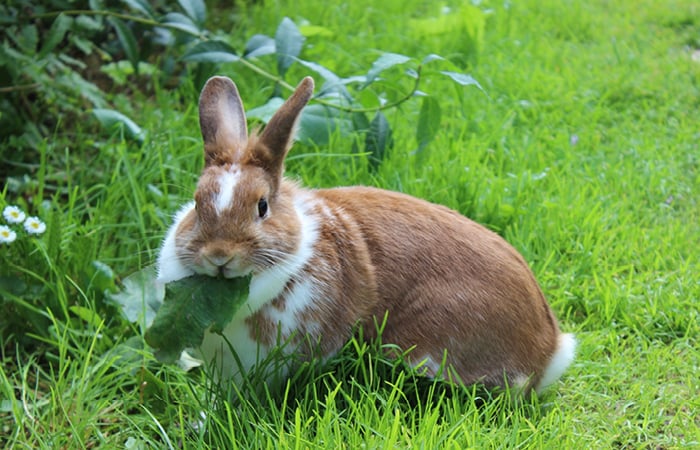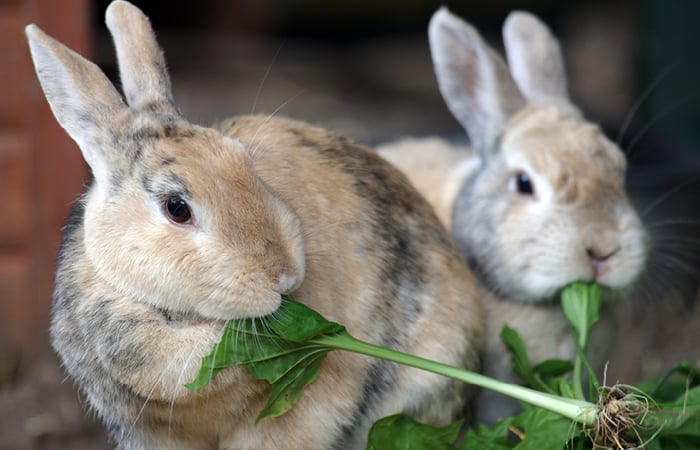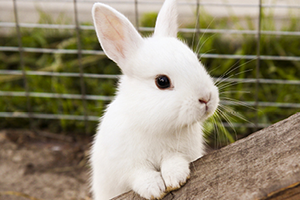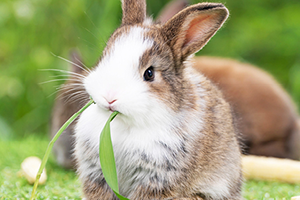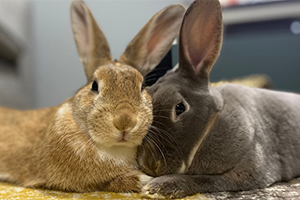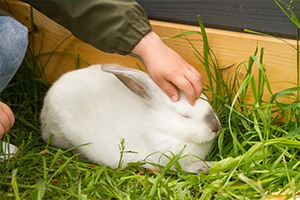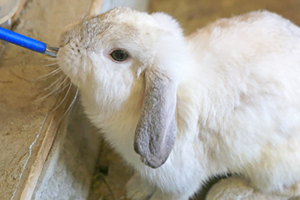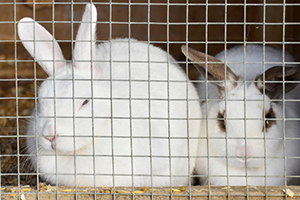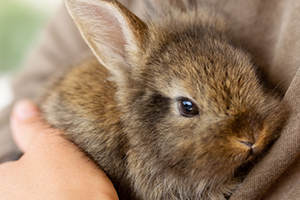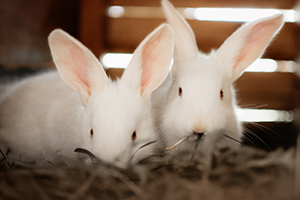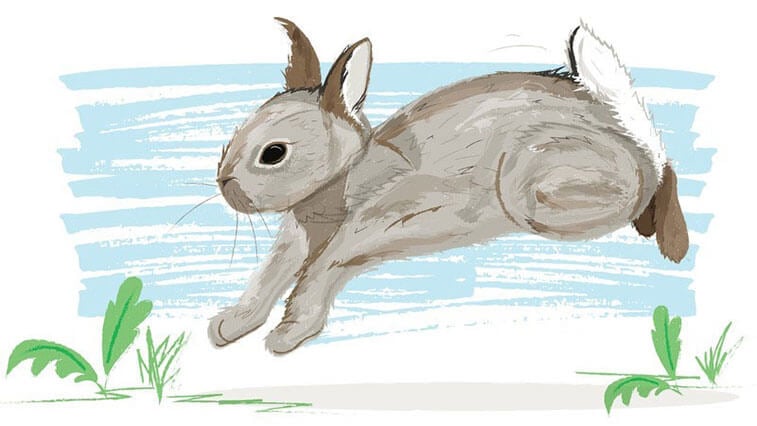We all know about the environmental impacts of our takeaway coffee consumption and air miles, but did you know that caring for rabbits comes with eco considerations too? From the type of bedding you use to the food you buy and the toys you choose, it all adds up.
The good news? Small changes can make a big difference to getting your pet ownership down to net zero. Read on for our top tips to help you become a more eco-friendly pet owner.

